Customer Loyalty Series: Part 6

Along with “storytelling” and “authenticity” the word “community” gets tossed around a lot these days by brands and marketers alike. While all three of these terms, and the sentiments they carry, are often used as empty platitudes or attractive phrases to sprinkle in an ‘About Us’ page, in their best uses they come from a place of sincerity and real consumer ramifications. In a 2021 study from ebbo, ‘community’ was the second highest factor that contributed to customer loyalty after product quality. But what does community mean for a brand? How can it be grown and nurtured? What does it look like?
To answer these questions I want to take a look at three different brands each instilling community with their consumers in vastly different ways. Some take place in online chat rooms, others in secret shopping opportunities, and some through in-person engagement. No matter how they approach it, each of these brands takes what people love about their products and their mission and create a space for that to flourish.
LEGO
Since 1998 LEGO has been helping foster a community built around its products and the people who love them, one brick at a time. What originally started as the “International LEGO Users Group Network” also known as “LUGNET” was just one of several unofficial groups of online users who gathered together through forums to discuss, build, and share elaborate LEGO projects of their own. These communities grew larger and more innovative prompting one LEGO spokesperson to remark: [Lugnet offers] incredibly valuable insights” in both hardware, design, usability, and even marketing.
It’s no wonder that LEGO chose to build on this one-of-a-kind organic community by moving it to their website, and creating “LEGO Ideas”. This site has all the same functionality members of the original online forums depended on – a blog, user profiles, image sharing, and even regularly held contests to have the creations of community members become kits available to buy on shelves around the globe. That’s right, in addition to an online community driven by the needs and wants of their fans, LEGO trusts their consumers so much that there are weekly and monthly opportunities for fan creations to become real purchasable LEGO sets. Here is an example of some of the challenges currently running:
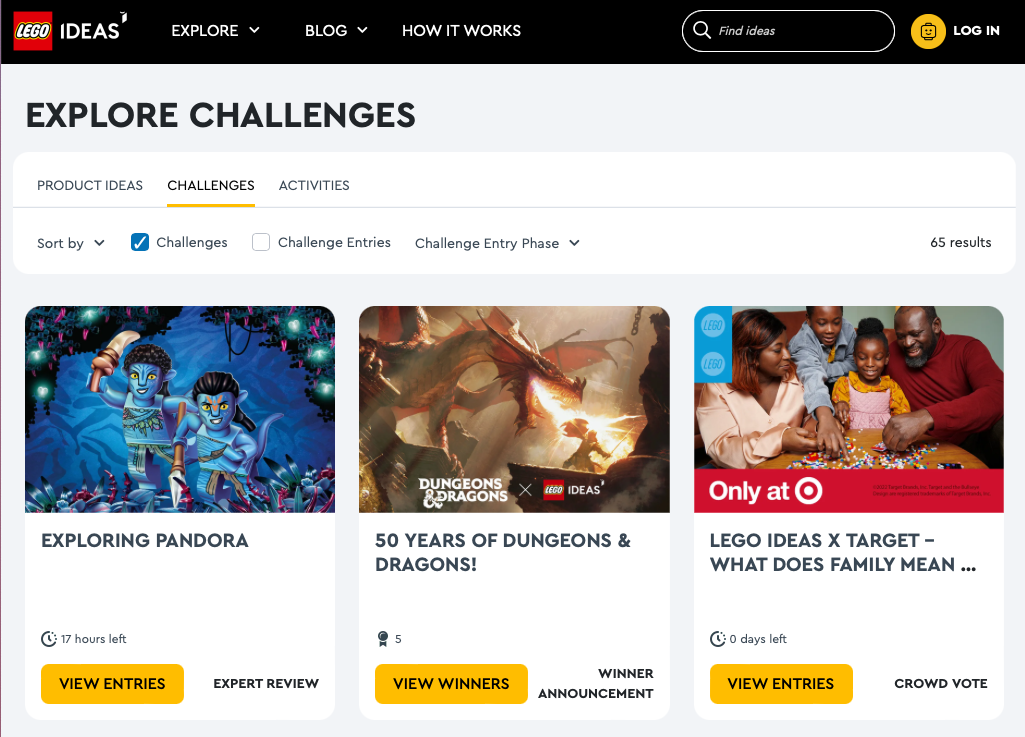
LEGO saw the opportunity to expand an already thriving community, but more importantly, they managed to do so without losing the spontaneity, democratic nature, (and dare I say) authenticity of the original group. While LEGO Ideas might look a little different than its ancestors, it captures an essential part of fostering a positive and self-sustaining community through your brand: Listening to your customers and letting them guide the way.
Ma®ket
Originally known as Chinatown Market, this LA-based streetwear brand and bootleg label has developed a cult following since launching in 2016. Founder Mike Cherman strove to create a company with the rebellious spirit of New York’s Canal Street – always commenting on the most in-demand references and latest viral moments with little regard for civility or copyright law. From the Ralph Lauren Polo Bear to the Nike swoosh and everything in between, Market has gained immense popularity for its reactionary DIY style and relentless attitude toward the designs and trademarks of the world’s most famous fashion labels. In and around these attention-grabbing bootleg pieces are a collection of instantly recognizable graphics, artist collaborations, and unique products that have attracted the respect and partnerships of some of the very brands Market originally ‘borrowed’ from as well as a host of devoted fans.
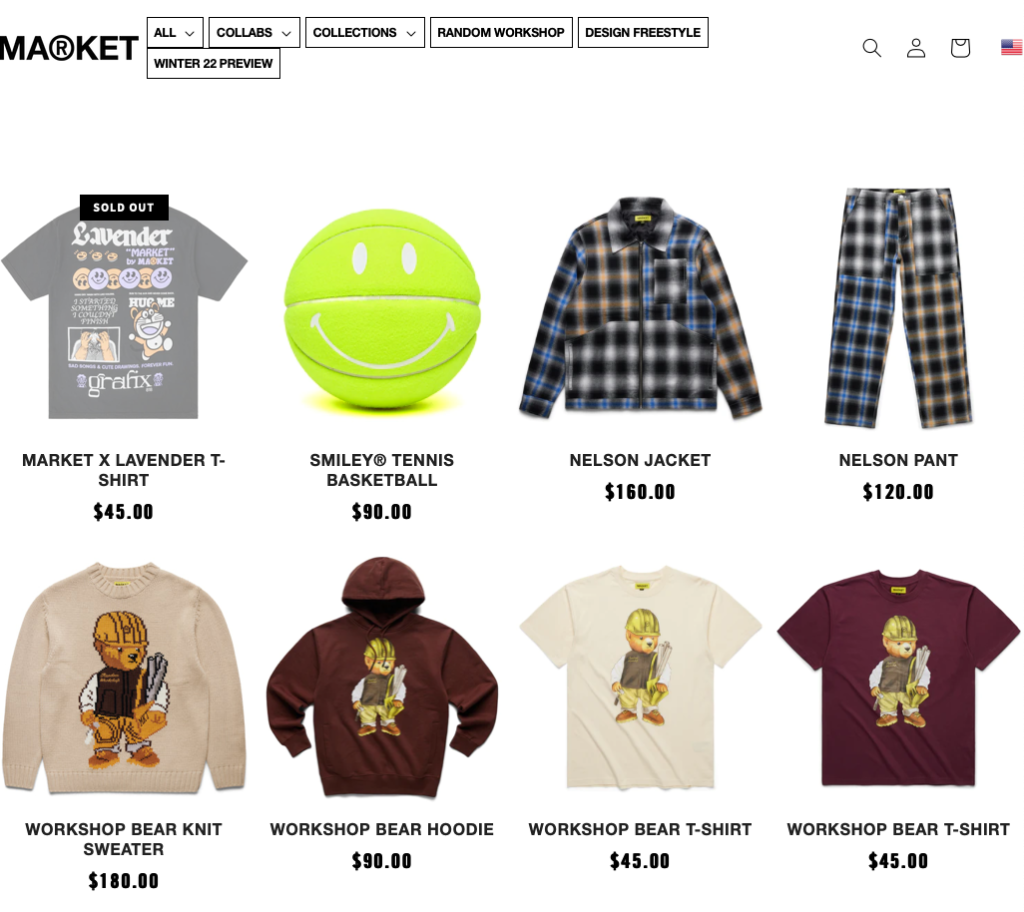
Since many of Market’s products are limited releases, shirts, hoodies, and pants that might have been designed in their 12,000 square foot creative warehouse that morning and then uploaded on their website by the late afternoon each item is imbued with an inherent exclusivity. This exclusivity doesn’t come at the expense of their consumers as with other streetwear and sneaker giants. While buyers might not get the exact piece they were hoping for, Market makes sure there are always new ways to surprise and delight their community of fans: starting with the Secret Club.
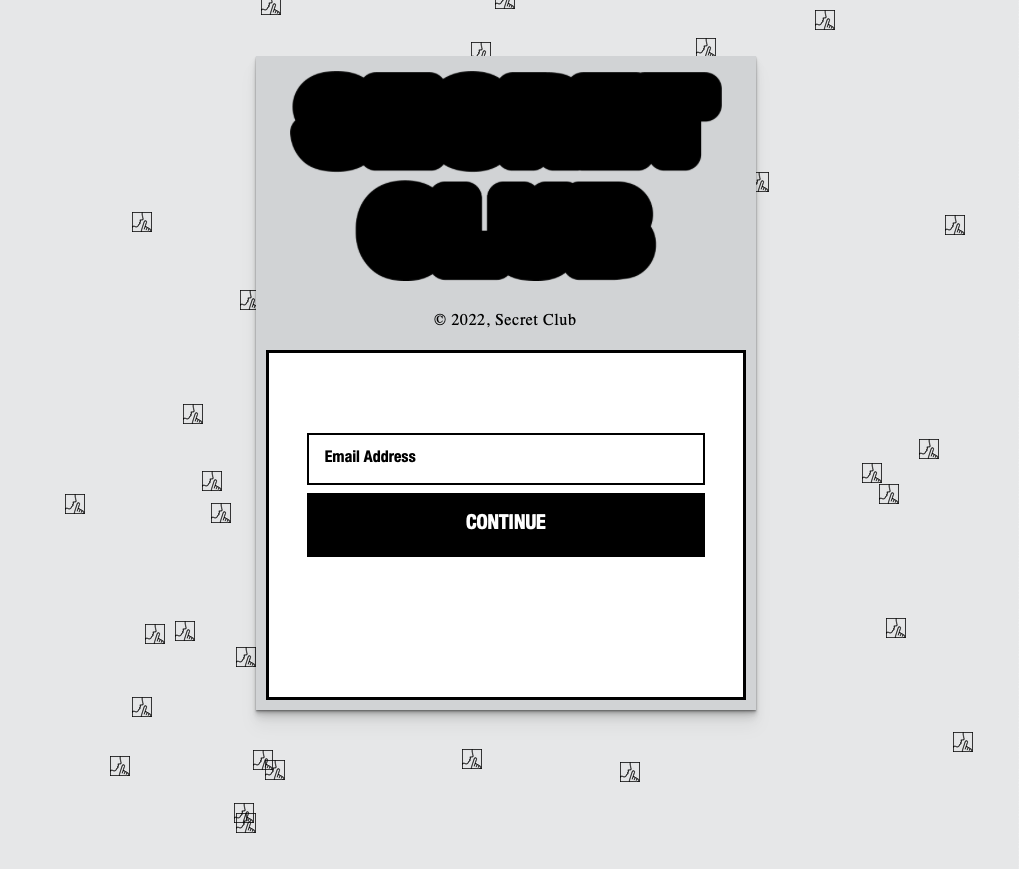
If you can find the hidden sign-up link on the Market website, or watch out for the occasional open invitation to join on social media, you too can be a member of the Market Secret Club. As a member, you will get surprise messages letting you know about online pop-up shops featuring new merch, old classics, surprise collaborations, and more. These online sales are paired with similarly unexpected warehouse pop-ups, hidden product scavenger hunts around the LA area, mystery boxes, and in their own words, the chance to find “unseen samples, oddities, and more!” Market’s dedication to honest communication, moments of unexpected amusement, and a sheer disrespectful playfulness about fashion and their place in it create a community of light-hearted fun for all their fans.
lululemon
It’s no secret that athleisure has been on the rise for several years and at the forefront of this (maybe not-so-brave new world) of comfortable work slacks and yoga pants is one brand: lululemon. Luxurious and expensive yoga and athletic gear serve as the mainstays of their diverse product line and fit perfectly into the curated and brand-centric community they strive to create for their consumers.
Walk into any lululemon store in the world and you will feel right at home. The displays will be the same, and the employees will speak in similar patterns and with dependable brand-centric jargon. The company prides itself on cohesive messaging and branding throughout every touch point with consumers. This approach is extended past the in-store experience and into the world of hands-on community building vital to the lululemon brand.
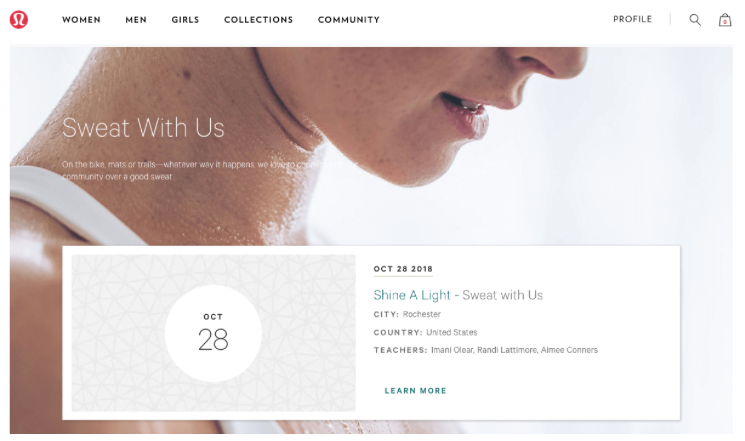
This community building is seen first and foremost with their offering of free, invigorating workout experiences to their community members, such as the workout class shown above. Sometimes it is yoga, other times high-intensity interval training, or full-blown festivals and costly retreats to escape the hectic world with “five days of yoga, meditation, development workshops, connection, optional adventures” and most importantly “ample time to relax and recharge.”
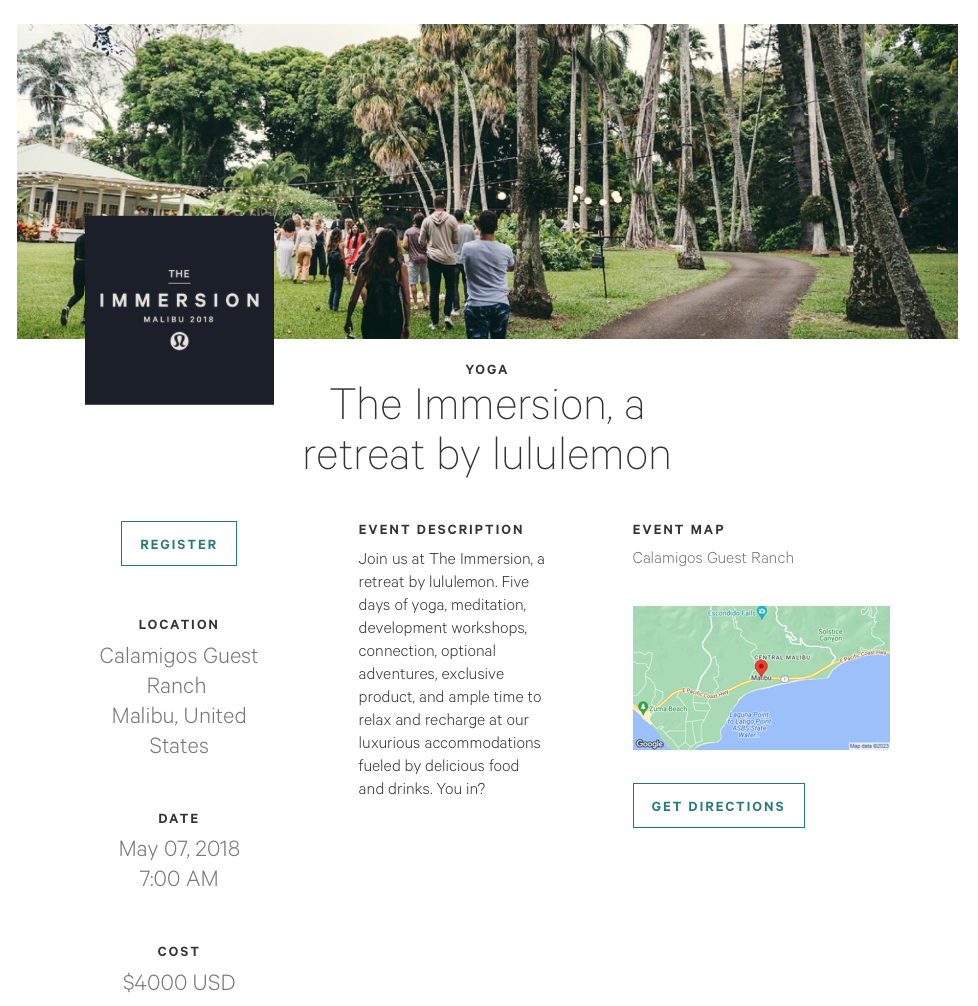
A little culty? Perhaps. Appealing to wealthy consumers who fit a narrowly defined body type? Almost certainly. There’s no denying that lululemon builds more than just a community for their devoted fans – they construct a lifestyle, and every piece of it is branded. Look the part and have the money to participate and you can find yourself in a community suited to your clothing preferences and your lifestyle habits, without ever having to leave the branded world of lululemon. For their most dedicated community members, they even have an experimental store located in Chicago, offering fitness studios and classes, a juice bar, and of course a store to purchase more products. I don’t want this to sound like a critic of the company writ large, like many of you, I have several pieces from lululemon hanging in my closet. It is just important to remember that insular communities can often exclude members who don’t fit the part – but with that said when it comes to branding every touch point and shaping a community not just around products, but around the lives their consumers lead, I’m not sure anyone does it better than lululemon.
There’s no denying that community is essential for brands looking to do more than sell products. A place for your consumers to gather together, digitally or in person, is a fundamental aspect of developing brand loyalty and keeping your fans coming back, again and again, to shop and engage with your company beyond the simple transaction that ends with a receipt. You can let your customers shape how this community looks, rely on the ability to surprise and delight, or create an entire ecosystem for your customers to live within. No matter what approach you take, let your community of supporters shape your brand and you can’t go wrong.
Want to learn more about creating your community? Reach out to Devon at devonc@jschmid.com.
Tags: brand loyalty, customer loyalty, Devon Clements

